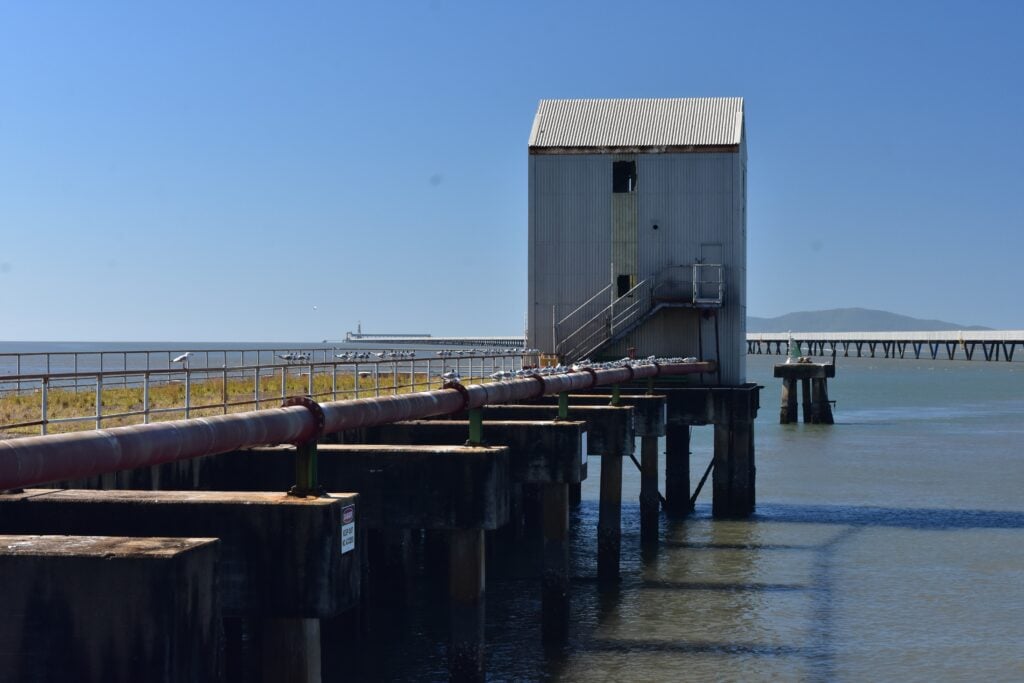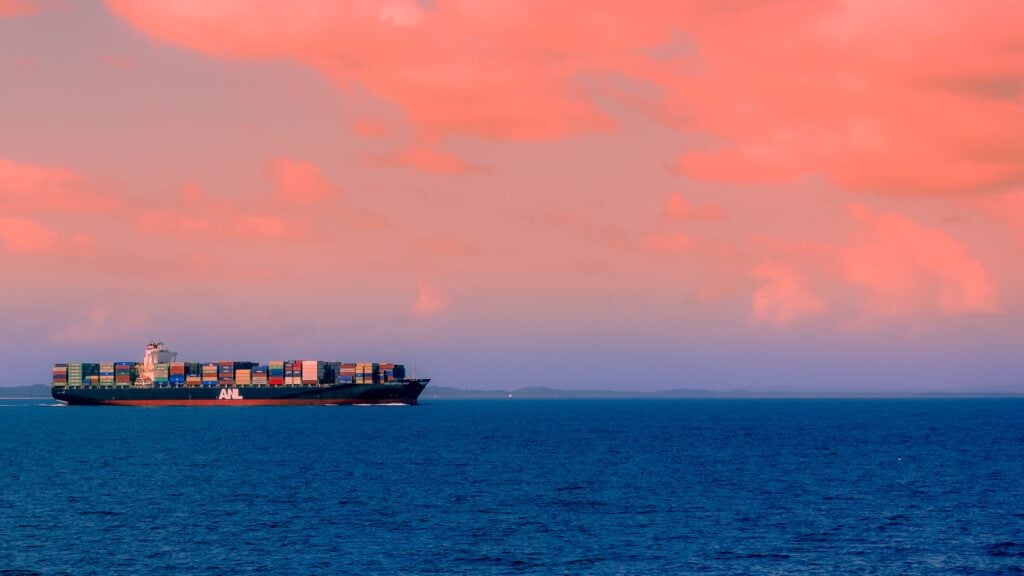Until now, the imperative to reduce emissions has been chiefly a moral one. That’s because efforts to reduce emissions by Australia would be relatively small on a global scale so they would have little effect on climate change if they were not part of concerted global action.
But with the EU set to introduce a carbon price on the emissions embedded in products it imports, the imperative to reduce emissions will become justified on the basis of immediate economic concerns.
The EU is due to announce details of its new carbon price on imports (known as the Carbon Border Adjustment Mechanism or CBAM) on 22 July, but a draft of the policy was leaked on 2 June.
According to the leaked European Commission document, the proposed policy will charge a carbon price on imports of steel, cement and electricity from 2023, with the potential to add additional products to the scheme from 2026 onward.
Importers that don’t have their own carbon prices will have to purchase emissions allowances, with the price based on the EU Emissions Trading Scheme. For reference, as of early June, the price of carbon in the EU was trading at 52 Euro per tonne (AUD$82 per tonne).
According to EU data, Australia exports only relatively small amounts of steel to the EU, and little or no cement and electricity, but the CBAM would have more significant impacts if the scheme is expanded to cover other products.

Australia will become increasingly uncompetitive if we don’t have a price on carbon.
Australian exports having to pay the carbon price ‘at the border’ to gain access to the European market would become less competitive. Other countries are likely to adopt similar measures and it will only be a matter of time, given the global momentum toward carbon prices.
An alternative approach would be for Australia to introduce its own moderate carbon price which could be used as a credit against the CBAM. The draft legislation states that an exporter to the EU can “claim a reduction” in the tax ,”corresponding to the carbon price paid in the country of origin.”
Australian firms would have to pay for the embedded emissions in products they export to the EU regardless of whether Australia has a carbon price or not. If the carbon price was levied by the Australia Government, at least the revenue raised would flow to our government rather than to the EU.
Australia could start with a moderate carbon price (our plan is $30 per tonne) and increase it once similar commitments are made by our key trading partners. This could drive progressively more ambitious global climate action, a concept Nobel Prize winner Bill Nordhaus calls “The Climate Club“.
As countries incorporate carbon pricing into their trade policies, a carbon price is no longer just the right thing to do; it is the economically smart thing to do.
UPDATE: Alan Kohler, writing for the New Daily, raised these issues in his article from June 23. Read his take here: https://thenewdaily.com.au/finance/2021/06/24/alan-kohler-climate-change-cost/
Photo by Borderpolar Photographer on Unsplash

